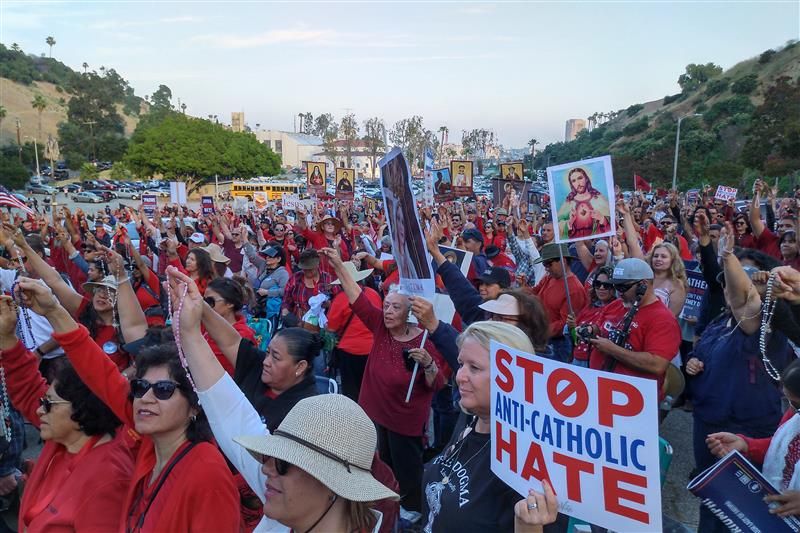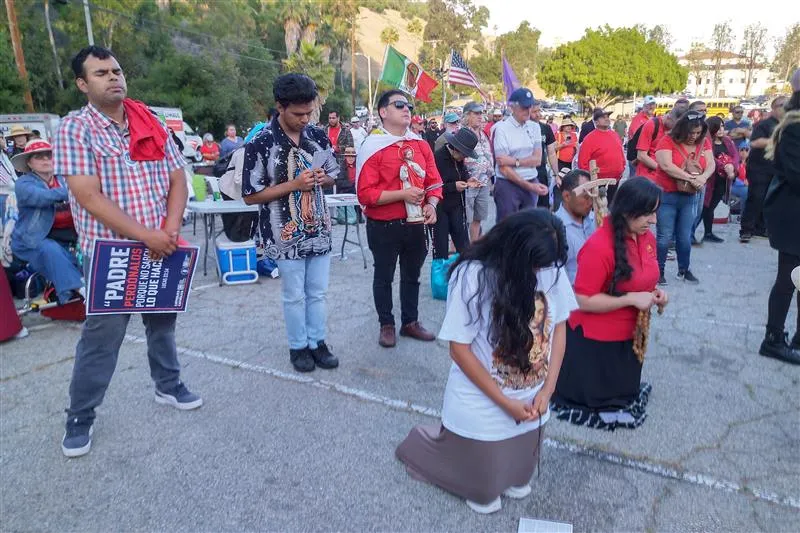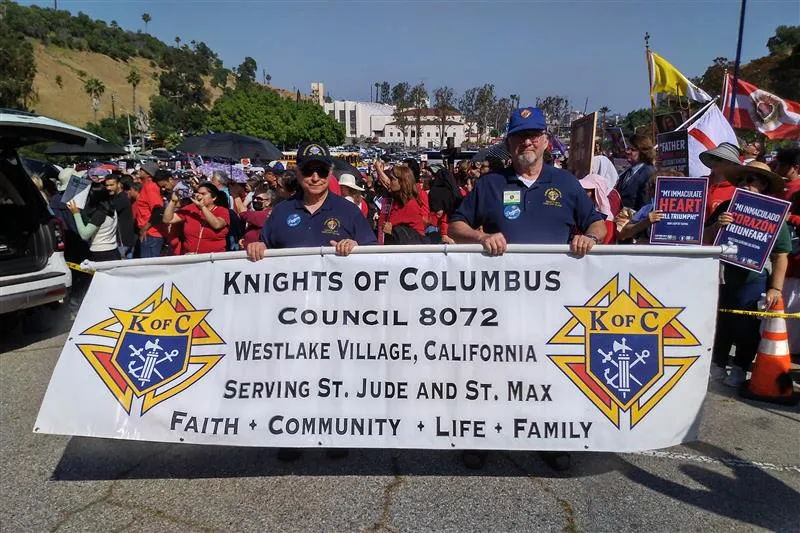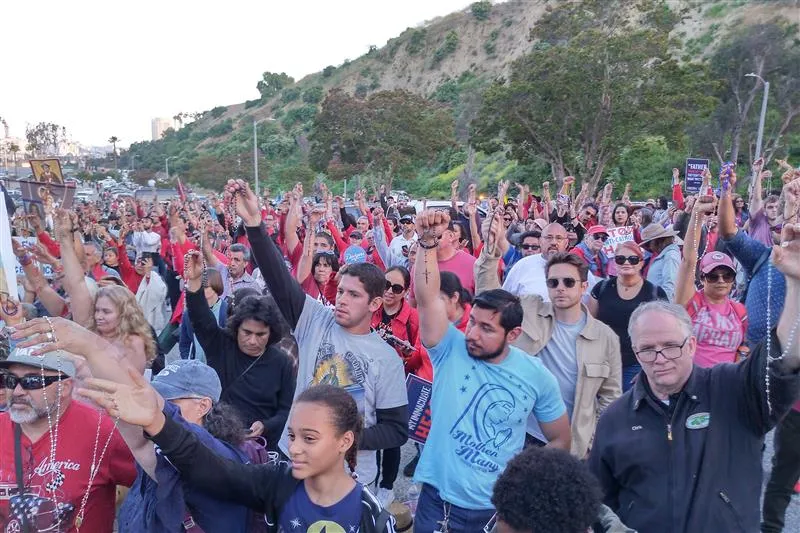
CNA Staff, Nov 2, 2020 / 06:01 pm (CNA).- Citing the need for more chances to go to Mass to celebrate the birth of Christ, Christmas Vigil Masses in the Diocese of Pittsburgh this year may begin as early as 2 p.m. Christmas Eve.
The Masses are traditionally permitted in the “evening,” from 4 p.m.
“Christmas 2020 will look and feel different this year, but the love, joy and hope that come from the celebration of the birth of Jesus remain constant and strong,” Bishop David Zubik of Pittsburgh said Oct. 30. “We in the Diocese of Pittsburgh are committed to reaching out to all to extend the Light that is Christ. Whether in person, or online, there will be many opportunities to stay connected to Jesus this Holy season. We are all profoundly in need of the gift of peace that comes from Jesus who is the Prince of Peace.”
Pastors will decide on their parishes’ Christmas Mass schedules based on their communities’ pastoral needs and the parish’s ability to staff and support Masses. An earlier Mass is not to “replace the traditionally scheduled Vigil Masses but would be in addition to those already scheduled,” the diocese stated.
“This year, given the global pandemic and the need for more opportunities to allow the faithful to participate in Christmas liturgies and the celebration of the Birth of Jesus Christ, an earlier Mass is permissible ‘when warranted for the spiritual good of the faithful’,” said the Pittsburgh diocese.
Bishop Zubik granted permission for the change, following the guidance of the Vatican and the U.S. Conference of Catholic Bishops’ Committee on Divine Worship.
Religious services, like other large group gatherings, have sometimes suffered coronavirus outbreaks. However, health experts have said risk of contagion may be significantly reduced by following safety protocols and by encouraging people with symptoms to stay home.
The Pittsburgh diocese has dispensed Catholics from their obligation to attend Sunday Masses and Masses for Holy Days of Obligation.
If you value the news and views Catholic World Report provides, please consider donating to support our efforts. Your contribution will help us continue to make CWR available to all readers worldwide for free, without a subscription. Thank you for your generosity!
Click here for more information on donating to CWR. Click here to sign up for our newsletter.







Leave a Reply